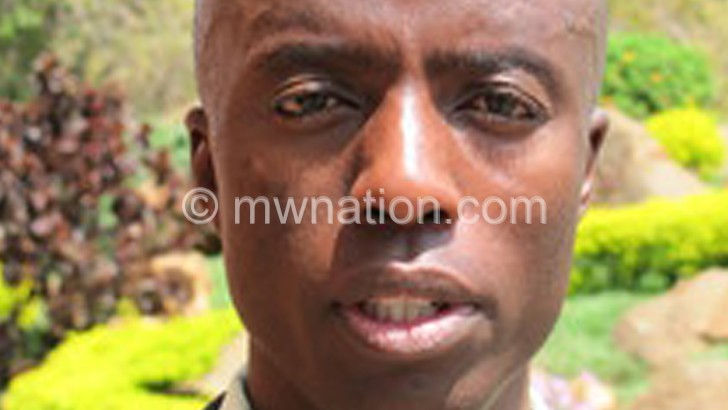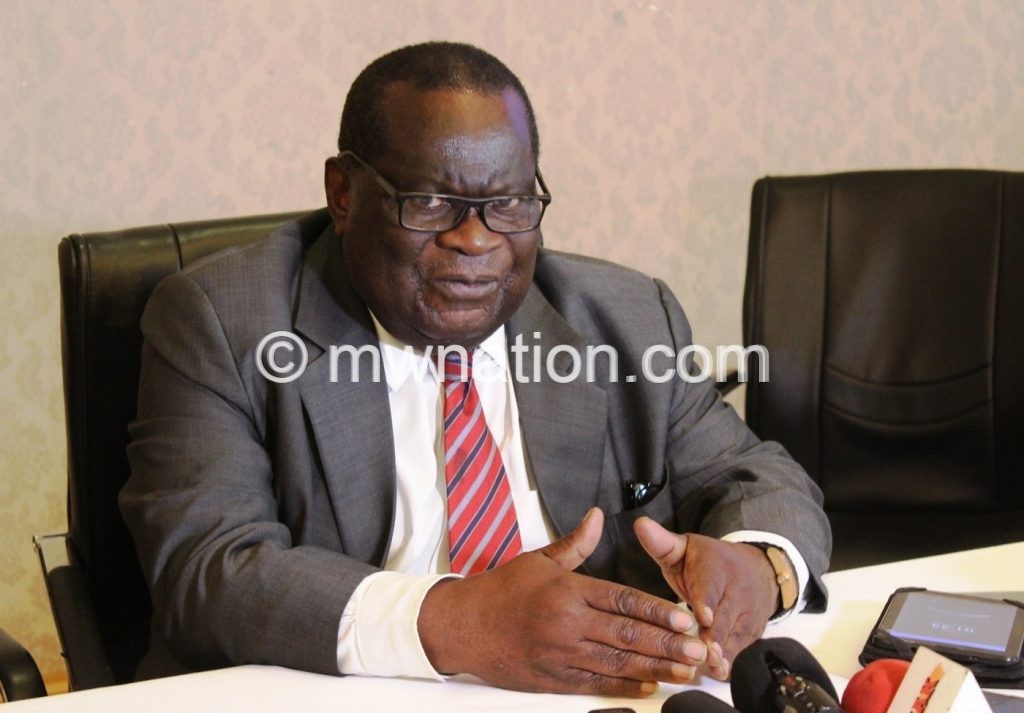Death has robbed Malawi an icon, a library, encyclopaedia, a father, historian, an economist.This was how mourners eulogised the late Desmond Dudwa Phiri, popularly known as DD Phiri.
There was a sombre mood during the funeral ceremony at the residence of the fallen giant’s son, Kwame, in Blantyre where thousands of people from different walks of life, including politicians, gathered to pay tribute to DD Phiri.

The deceased’s cousin, Ian Phiri, said the family and the nation will greatly miss DD Phiri.
He said: “We have lost a pillar which our family leaned on. He was a very humble man who was there to help regardless the nature of the problem. He was an icon where the family and Malawi as whole got some knowledge from. The family and the country will greatly miss DD Phiri.”
Nation Publication Limited (NPL) deputy chief executive officer Alfred Ntonga described DD Phiri’s death as a blow to the media institution where he regularly contributed The DD Phiri Column and the Business and Economic Forum in The Nation since NPL’s inception in 1993.
He said: “The death of DD Phiri is a big blow to the media fraternity and the country as a whole.
“But at Nation Publications Limited, our library has caught fire. He dedicated his life to reading different books to ensure that he gave Malawians the right information. But he will be alive forever because of his work.”
On his part, Malawi Writers Union (Mawu) president Mike Sambalikagwa Mvona said DD Phiri was a founding member and board chairperson of the union who provided guidance.
He said: “DD Phiri was the teacher. Mawu has about 900 members, but over 500 learnt from him. DD Phiri deserves to be honoured but the problem is that government is doing nothing to celebrate writers. There are some roads which were named after people we don’t even know. Why can’t we do this to our own heroes?”
Responding to Mvona’s sentiments, Minister of Information and Communications Technology Henry Mussa, who is also government spokesperson, asked Mvona to meet him privately and discuss the way forward on honouring Malawian heroes.
Dignitaries at the ceremony included NPL chief executive officer Mbumba Banda, Deputy Minister of Homeland Security Charles Mchacha, who represented President Peter Mutharika, former president Bakili Muluzi, former vice-president Khumbo Kachali, and United Democratic Front secretary general Kandi Padambo.
Besides the officiating clercy, there was also high level representation from the Blantyre and Livingstonia synods of CCAP.
DD Phiri died at Mwaiwathu Private Hospital in Blantyre on Sunday and is survived by his son Kwame, 11 grandchildren and two great grandchildren.
DD Phiri has been acknowledged as one of Malawi’s most eminent authors and historians. He wrote over 20 books on history, fiction, biography and culture.
In 2010, the Pan African Writers Association (Pawa) decorated Phiri alongside great African writers such as Chinua Achebe and Ngugi wa Thiongo. n
The post DD Phiri walks his last mile appeared first on The Nation Online.















